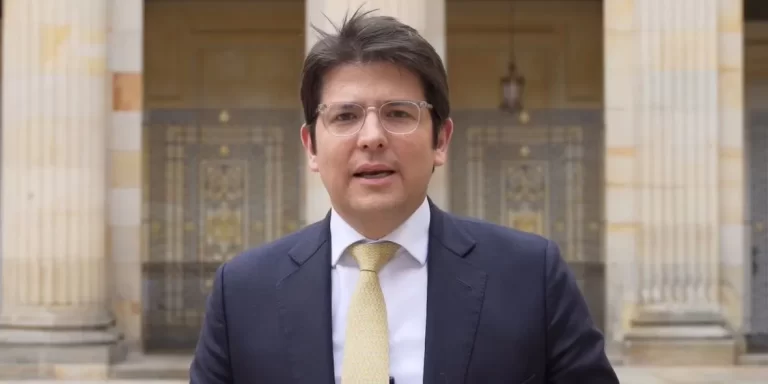[ad_1]
LUXEMBOURG/BRUSSELS (Reuters) – Theresa May will make a pitch to fellow EU leaders in Brussels on Thursday as she tries to break a deadlock in Brexit talks that has left Britain’s future trading position up in the air.
But EU officials expect no movement in negotiating positions from either side before the other 27 leaders deliver a verdict on progress on Friday that will say Britain must up its offer on divorce terms before they will even talk about trade.
“We do not expect at this stage any new initiatives between now and the European Council,” said an EU official, who said May had asked to address the summit.
The others will not negotiate with her but will discuss Brexit after May leaves on Friday.
They plan to reject her call for an immediate start to talks on a future trade relationship but make a “gesture” recognising the concessions May offered in a speech at Florence last month by telling EU staff to prepare for talks on a transition period.
Stepping personally into the breach after Brexit Secretary David Davis’s four months of discussions struck deadlock last week, May had dinner in Brussels on Monday with EU Commission chief Jean-Claude Juncker and his negotiator Michel Barnier.
But she came away with just a joint pledge to “accelerate” the process.
There is a catch: the EU will not discuss relations in the future until London agrees to pay tens of billions of euros (dollars) in a divorce settlement for obligations incurred in the past. May, beset by demands from hardline Brexit supporters to simply walk away without any deal, says the bill can be worked out only when the future relationship is clearer.
“It takes two to accelerate,” Barnier told reporters as he arrived to brief EU ministers in Luxembourg. “One step after another… We are not finished with the first step.”
May’s spokesman said she was pleased with a dinner that ended with an embrace at the door from Juncker. But he added: “We can only resolve the financial implications of the UK’s withdrawal … as part of the settlement of all the issues.”
MERKEL-MACRON FRONT
May came away similarly empty-handed from telephone calls to German Chancellor Angela Merkel and French President Emmanuel Macron, leaders of the Union’s leading powers whose diplomats have taken a hard line this month in limiting the scope of the gesture on transition preparations which Barnier had proposed.
People familiar with those calls on Sunday and Monday said May echoed emotional complaints from British negotiators last week that her Florence speech, offering to “honour commitments” made by Britain, deserved a more generous response from the EU.
Macron and Merkel, who are coordinating closely, were clear that they will negotiate at the stage only through Barnier, a former French foreign minister, officials said.
And they insisted Britain settled outstanding issues first, despite increasingly vocal calls from business on both sides of the English Channel for clarity by early next year at the latest in order to plan investments for after Brexit in March 2019.
BusinessEurope, which represents employers federations across the continent including Britain’s CBI, was the latest, saying it was “extremely concerned with the slow pace of negotiations” and telling EU summit chair Donald Tusk in a letter that “business wants to avoid a cliff edge”.
EU leaders plan to issue a statement after May leaves on Friday saying that they hope a deal can be struck at their next summit in December and that things can move swiftly then.
But after losing her majority in June, May has little room for manoeuvre at home: “It’s all about the money and if she ups the bid now, that is a really hard sell politically,” a senior source in her Conservative Party told Reuters.
British efforts to remind continental neighbours of how much they also have to lose if trade is disrupted are showing little return, even among close trading partners with most at stake.
“Sometimes it’s very difficult to see and understand what Britain really wants from these negotiations,” Finnish minister Samuli Virtanen said.
Brexit minister Davis, who long campaigned to take Britain out of the EU, said London had no plan to walk away from talks but should maintain the option in negotiations. Yet interior minister Amber Rudd, who opposed Brexit in the referendum, said shortly afterward that it was “unthinkable” that the two sides would fail to strike a deal as it was in their own interests.
Additional reporting by Elizabeth Piper and Andrew MacAskill in London, Writing by Alastair Macdonald; Editing by Angus MacSwan
[ad_2]
Source link






Leave a Reply